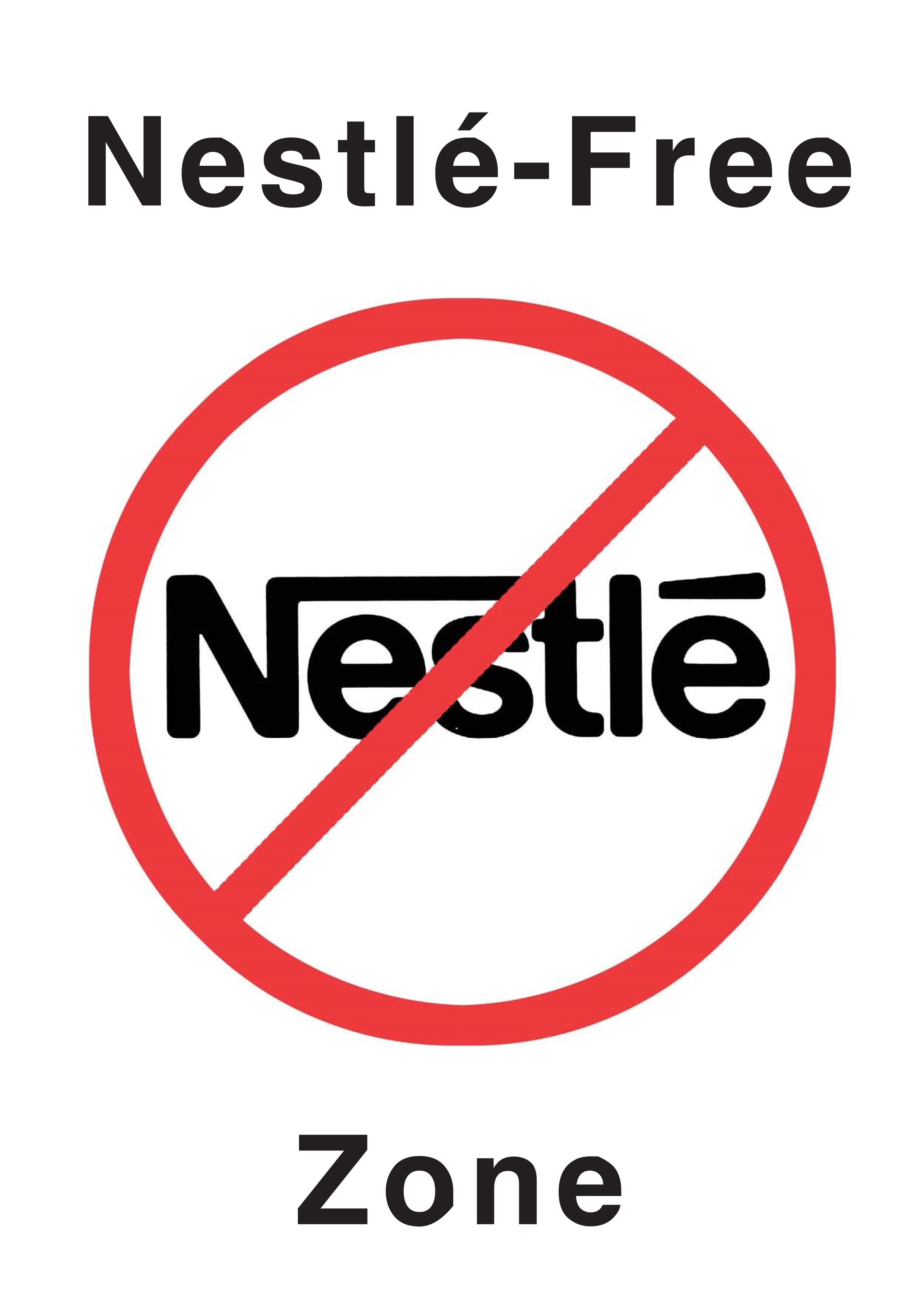Suboptimal breastfeeding in the United States: Maternal and pediatric health outcomes and costs
Bartick MC, Schwarz EB, Green BD, Jegier BJ, Reinhold AG, Colaizy TT, Bogen DL, Schaefer AJ, Stuebe AM. Suboptimal breastfeeding in the United States: Maternal and pediatric health outcomes and costs. Matern Child Nutr. 2017 Jan;13(1):e12366. doi: 10.1111/mcn.12366. Epub 2016 Sep 19. Erratum in: Matern Child Nutr. 2017 Apr;13(2):null. PMID: 27647492; PMCID: PMC6866210.
Abstract
The aim of this study was to quantify the excess cases of pediatric and maternal disease, death, and costs attributable to suboptimal breastfeeding rates in the United States. Using the current literature on the associations between breastfeeding and health outcomes for nine pediatric and five maternal diseases, we created Monte Carlo simulations modeling a hypothetical cohort of U.S. women followed from age 15 to age 70 years and their children from birth to age 20 years. We examined disease outcomes using (a) 2012 breastfeeding rates and (b) assuming that 90% of infants were breastfed according to medical recommendations. We measured annual excess cases, deaths, and associated costs, in 2014 dollars, using a 2% discount rate. Annual excess deaths attributable to suboptimal breastfeeding total 3,340 (95% confidence interval [1,886 to 4,785]), 78% of which are maternal due to myocardial infarction (n = 986), breast cancer (n = 838), and diabetes (n = 473). Excess pediatric deaths total 721, mostly due to Sudden Infant Death Syndrome (n = 492) and necrotizing enterocolitis (n = 190). Medical costs total $3.0 billion, 79% of which are maternal. Costs of premature death total $14.2 billion. The number of women needed to breastfeed as medically recommended to prevent an infant gastrointestinal infection is 0.8; acute otitis media, 3; hospitalization for lower respiratory tract infection, 95; maternal hypertension, 55; diabetes, 162; and myocardial infarction, 235. For every 597 women who optimally breastfeed, one maternal or child death is prevented. Policies to increase optimal breastfeeding could result in substantial public health gains. Breastfeeding has a larger impact on women's health than previously appreciated.
A cikk teljes szövege a Maternal & Child Nutrition oldaláról letölthető.

